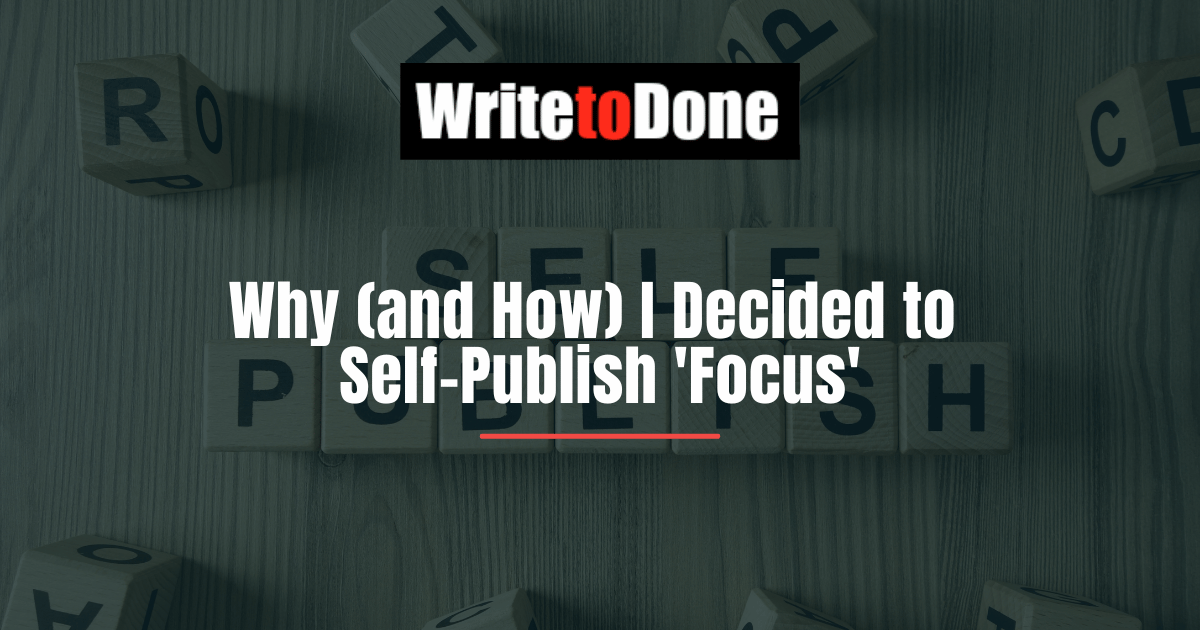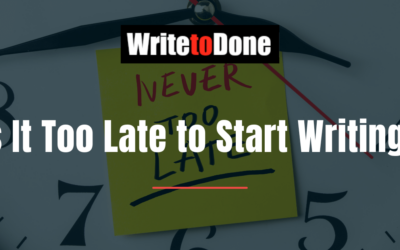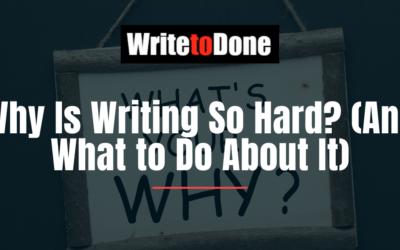By Leo Babauta
When I got a book deal with mainstream publisher at the end of 2007, it was a dream come true for me as a writer. But this year, writing my second book (called “focus“), I decided to forgo the traditional publisher and publish it myself.
Why self-publish? Aren’t I shooting myself in the foot?
There are lots of advantages to getting a big publishing deal, but there are trade-offs as well. I’ll walk you through what I considered the main trade-offs and advantages.
Advantages of a Publisher
One of the biggest advantages, of course, is credibility. When you sign with a real publisher, you are now a published author, while self-publishing still carries a slight air of amateurishness. But that’s changing, and soon there will be very little difference. What matters most is quality, not the name behind you.
The other main advantages of getting a traditional publisher:
- The advance. When you sign the book deal, your publisher pays you an up-front advance for signing (and also when you submit the manuscript). This is really just the first chunk of your royalties in advance, but if your royalties never meet this advance, you don’t have to pay it back. It’s really nice to get this money up front.
- Built-in services like editing and printing. There’s an editor on staff, and he or she is usually good, at least at proofreading. They also have things like design and printing and all the other tasks that go with publishing all figured out. You just worry about writing, and then marketing.
- Distribution. The publisher has a national distribution chain. This, actually, is probably the most important advantage other than credibility. You get your book in bookstores across the nation. That’s incredibly hard to do as a self-publisher.
Disadvantages of Having a Publisher
I’m not trying to knock the publishing industry here — I think publishers are doing the best they can. But it’s good to know the trade-offs, and there are a few:
- Loss of control. You don’t control everything when you turn your book over to someone else. The type of printing and print quality, how many books are printed, how the electronic and audio versions are done, and much more are out of your control. The part I didn’t like was that I couldn’t distribute a free version of my book, or release copyright. That was a deal-breaker for me, at least for this second book.
- No real marketing help. This isn’t just something to do with my publisher — I’ve heard the same from lots of authors. My publisher helped me line up radio show interviews, which was helpful, but did little else. I did tons of work in marketing the book — in fact it was like a full-time job.
- Loss of profits. The author really only gets a small percentage of sales in a traditional deal. Part of it goes to costs like printing, part goes to distributors, part to the bookstore, part to the publisher, part to your agent. When you self-publish, you get just about everything after your costs, with the exception of whatever you have to give to Amazon or other online distributors.
- Loss of flexibility. I love self-publishing because it means I can do it however I want, and not only control everything but change things at a whim. If I decide to lower prices to increase sales, I can. If I want to throw in bonus files, I can. There’s nothing set in stone — I make up everything and can change it as I please.
Why I Decided to Self-Publish
There are lots of reasons, but basically I wanted the control over my book that I didn’t have before. I wanted to be able to release copyright, and that’s very hard to do with a traditional publisher.
I also wanted to be able to publish in as many formats as I wanted, when and how I wanted. I wanted to remove the bureaucratic layers needed to do anything — as a self-publisher, the only person I need to get permission from is myself.
Things move much faster when I’m a one-man team: I can fix files and re-upload them, I can change the price if I think it was too high, I can issue refunds immediately, I can listen to people and improve the product, I can say whatever I want, do things my way.
Sure, I lose out on the advantages of a traditional publisher, but they’re not a big deal to me. I don’t need the advance as I wrote the book in between my regular work. I don’t need the editor as I had readers help me edit. I don’t need the printer as I found ways to publish myself (see next section).And while I lose out on the nation-wide distribution in bookstores that I’d have with a traditional publisher, I can still sell my book around the world, through my website, and not have to pay the premium to the publisher so that I can get into the bookstore.
As a nice side-benefit, I get all profits. Which makes sense, as I’m doing all the work. I was doing most of the work under a traditional publisher before as well, but only making a fraction of the profits.
How I’m Doing It
First, I decided to write the book publicly, online. So as each chapter has been written, I posted the drafts online and asked for feedback. That turned out to be brilliant — people gave me feedback instantly, instead of only after the book was published, so the final product was much better. Also, writing the book in public helped me stay motivated throughout the writing process, which can be a lonely and dreadful thing if we’re honest with ourselves.
Second, I published the book online and as a freely downloadable ebook — it’s free and uncopyrighted. You don’t have to give me your email address to get it. Why did I do this? I want people to read it and get something from it. If they don’t have to pay or give me their email address, they’re more likely to read it. And if they like it, they can email it to someone else or post a link on Facebook or Twitter. That’s a great thing, for me as a writer.
So how am I making money? I have a premium digital version, which has extra chapters from me plus bonus chapters written by other authors, along with videos, audio interviews with experts, and bonus PDF guides. Enough people have bought it after reading the free version that it’s already a great success.
I’ve also published the book in Amazon’s Kindle store, for $8.99, but it doesn’t include the bonus files. If you buy the premium version, by the way, you’ll get the Kindle file as well, along with an epub formatted file so you can read the book on the iPad or other ebook reader. I plan to put the book in Apple’s iBook store soon.
Finally, the print version will come out in a matter of weeks. It’s the final stage in my self-publishing of the book. I’ve been wrestling with printing the traditional way (off-set printing) vs. Print on Demand (POD), but I’m going with POD because it’s less expensive, more flexible, and way easier for me. The print version will be available from Amazon, Barnes & Noble, and my website, among other places.
Next Week: Details
For those who want the nitty gritty details on all of the stages of self-publishing that I’ve gone through, I’ll post more details next week. That’ll include a quick rundown of things like: dealing with different formats, setting up a publishing company, buying ISBNs, setting up Print on Demand, selling via the Kindle and iBook stores, uploading files to e-junkie for download, and so on.
Leo Babauta is the creator of Zen Habits and mnmlist, and the author of focus.


















